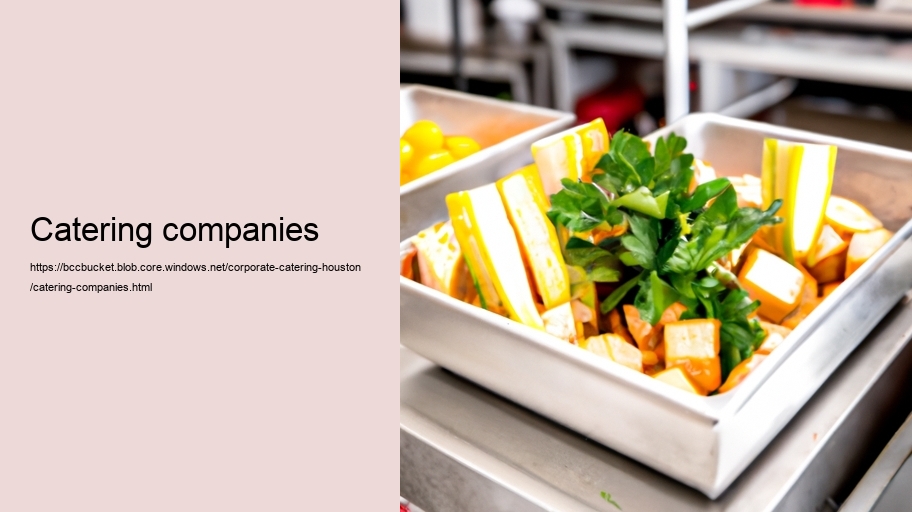Catering companies are the unsung heroes of events, big and small. From intimate weddings to large corporate functions, these businesses play a pivotal role in the success of any gathering by ensuring that guests enjoy high-quality food and impeccable service. As we explore the world of catering companies, we will delve into what makes them such an integral part of the event industry.
At its core, a catering company is responsible for preparing and serving food and beverages at various locations outside their own dedicated dining establishments. Caterers must be adept at adapting to different environments and clientele needs while maintaining consistent standards of taste and presentation. The ability to do so requires not just culinary expertise but also exceptional organizational skills.
One key aspect that sets catering companies apart from traditional restaurants is their versatility. They must be capable of crafting menus that suit a variety of occasions, dietary restrictions, and personal preferences while still being prepared within the logistical constraints of off-site venues. This could range from creating vegan or gluten-free options to incorporating specific cultural cuisines or themed dishes that align with the event’s motif.
Moreover, successful caterers understand that they are providing more than just sustenance; they're contributing to the ambiance and experience of an occasion. Whether it's an elegant sit-down dinner with multiple courses or a casual buffet brimming with comfort foods, every detail—from the linens on the table to how hors d'oeuvres are presented—plays a role in setting the tone for an event.
Another hallmark of quality catering is seamless service. Staff should be trained not only in efficient service delivery but also in hospitality etiquette—anticipating needs without being obtrusive, addressing issues promptly with discretion, and interacting courteously with all guests. The best caterers know how important it is for their staff to blend into the event smoothly while remaining accessible.
Running a successful catering business also demands strong business acumen. Unlike restaurants where customer flow can be somewhat predictable, caterers often work on a project-to-project basis which requires diligent planning for resource allocation including ingredients procurement, equipment transport, staffing schedules as well as dealing with unforeseen changes which are commonplace in event planning.
Furthermore, sustainability has become increasingly important in all aspects of business—including catering services. Eco-conscious clients now seek out companies that prioritize locally sourced ingredients minimize food waste through careful planning and utilize environmentally-friendly packaging when needed.
In terms innovation creativity can set one caterer above another Customizing unique experiences such as interactive food stations molecular gastronomy techniques personalized menus tailored specifically couple celebrating their union add memorable touch differentiate offering market constantly evolving tastes expectations
Finally excellent communication foundational element working client establish clear understanding vision goals outcome Collaborative process ensures both parties aligned throughout entire journey resulting seamless execution day
In conclusion catering companies essential component fabric modern-day social gatherings Their ability merge culinary arts hospitality industry logistics management customer relations creates dynamic force propels events new heights satisfaction When next attend wedding conference remember thank those behind scenes scrumptious meal provided—it result hard work dedication talented individuals make up professional team known as “catering company”.
